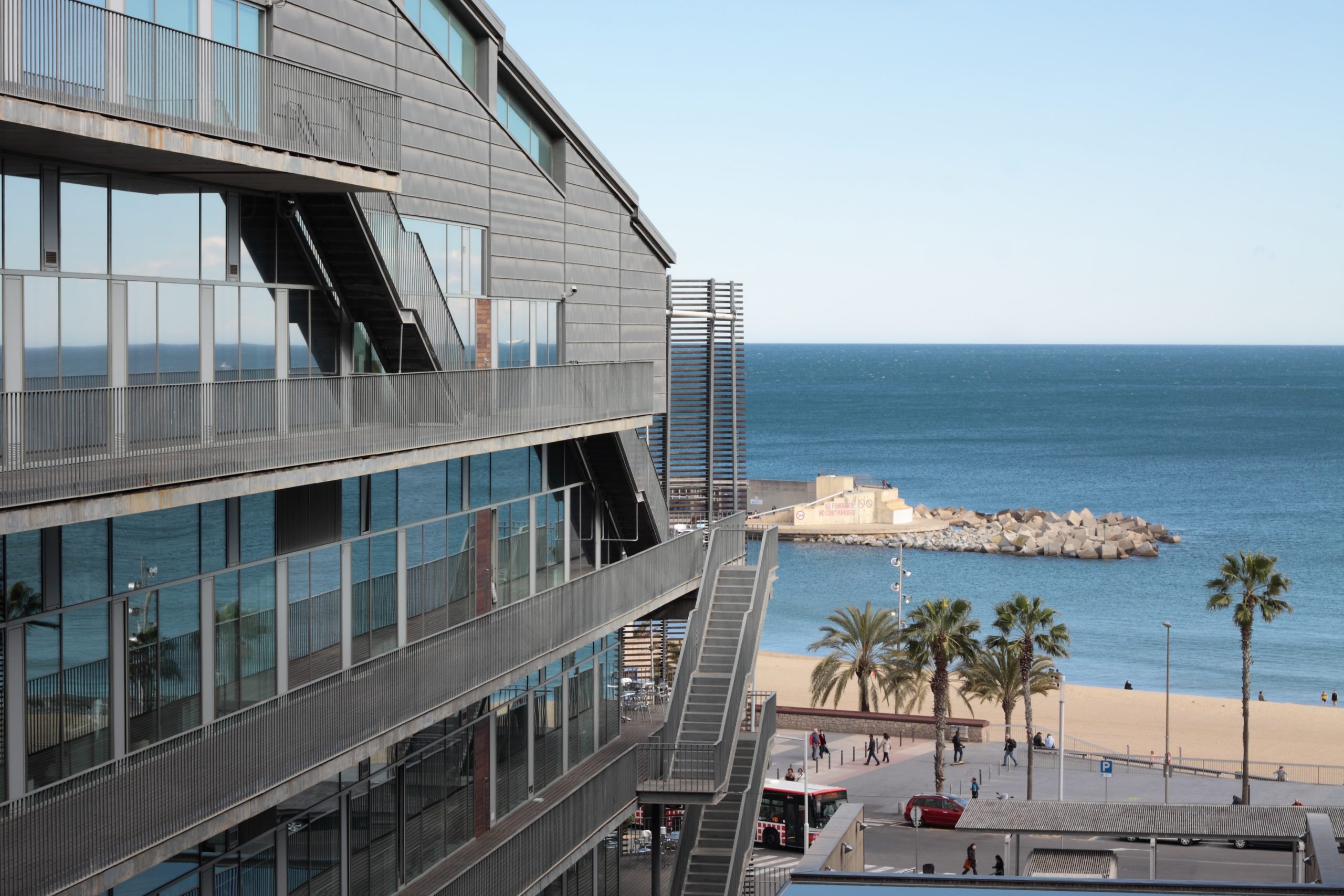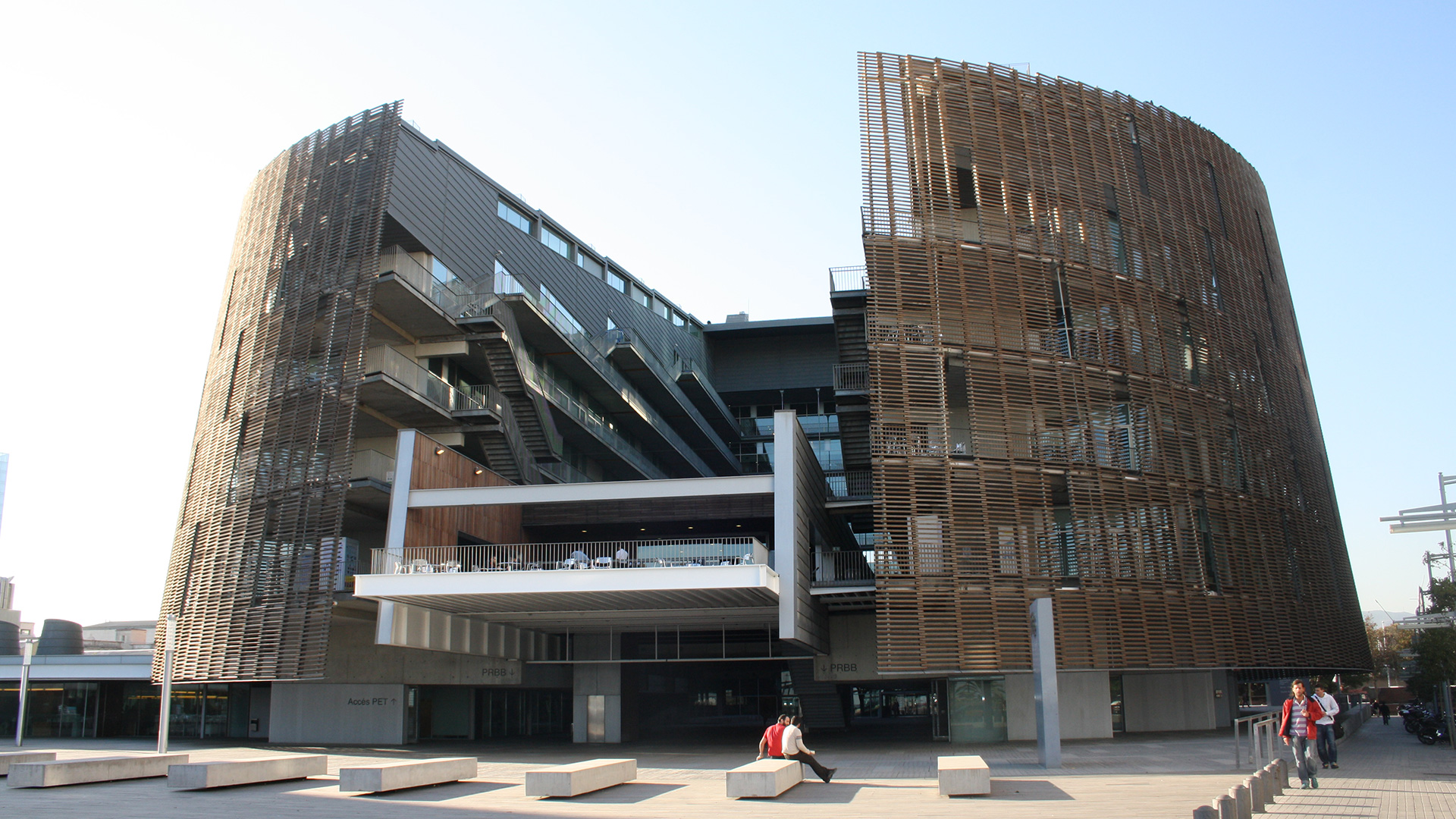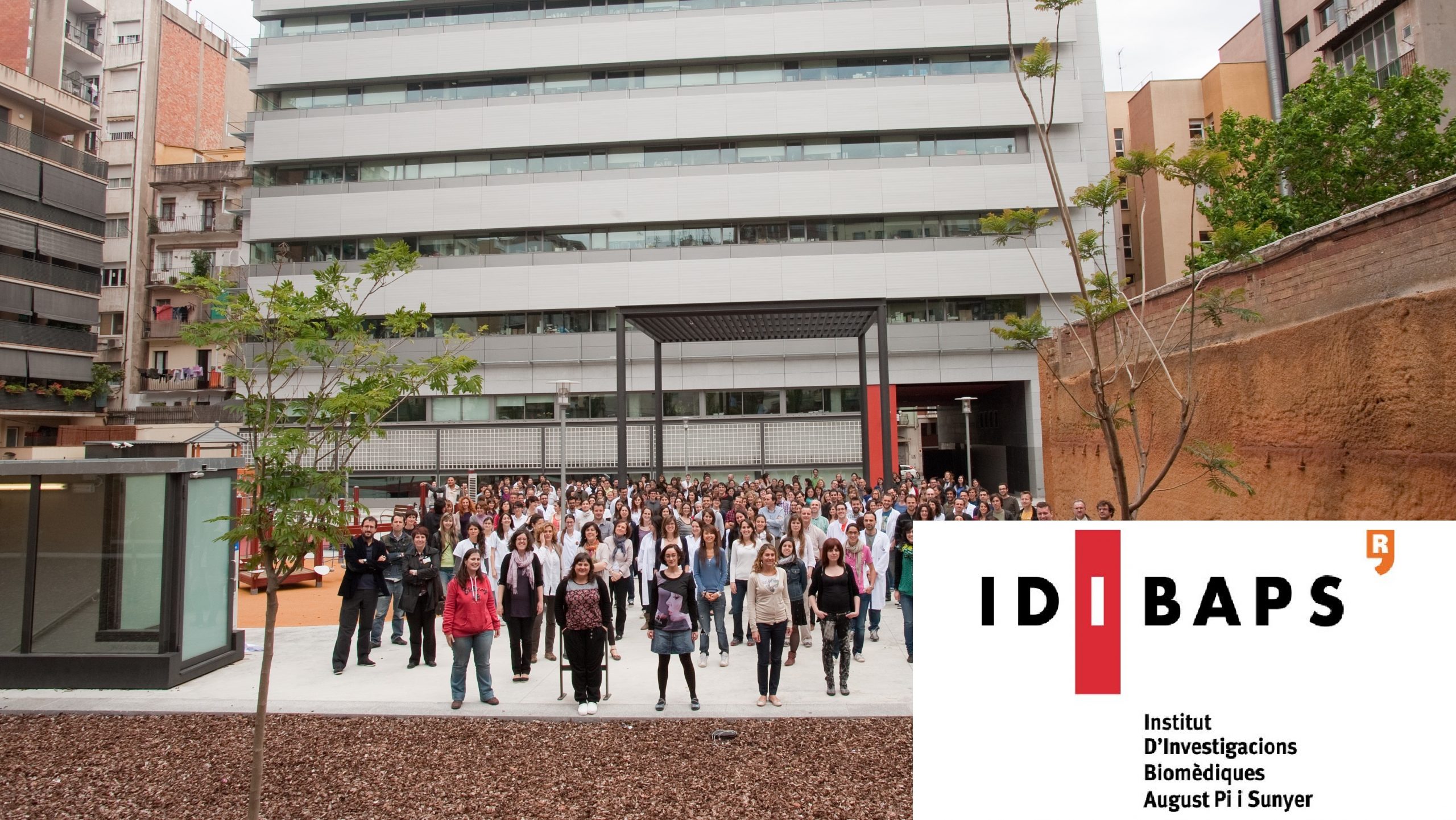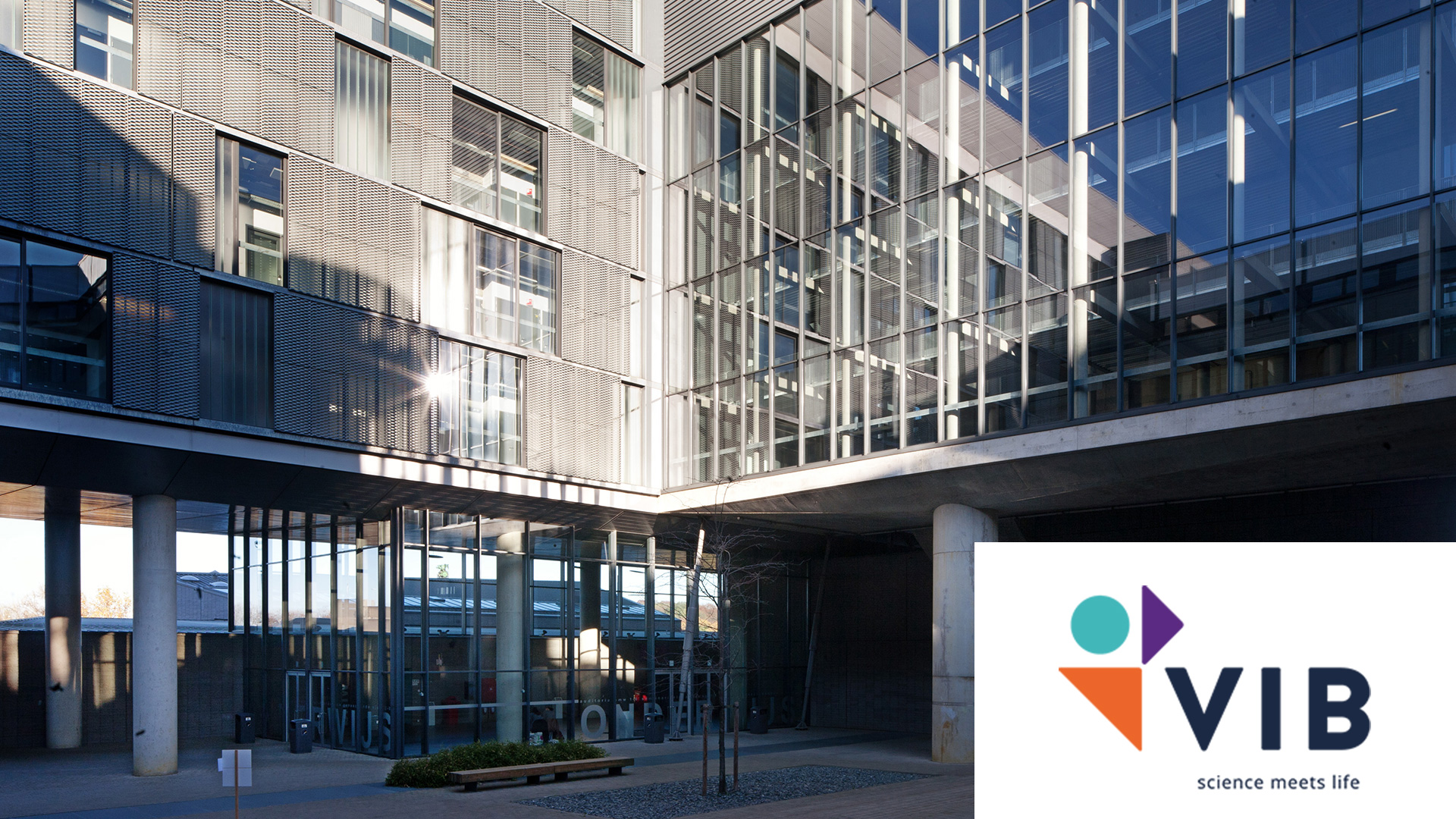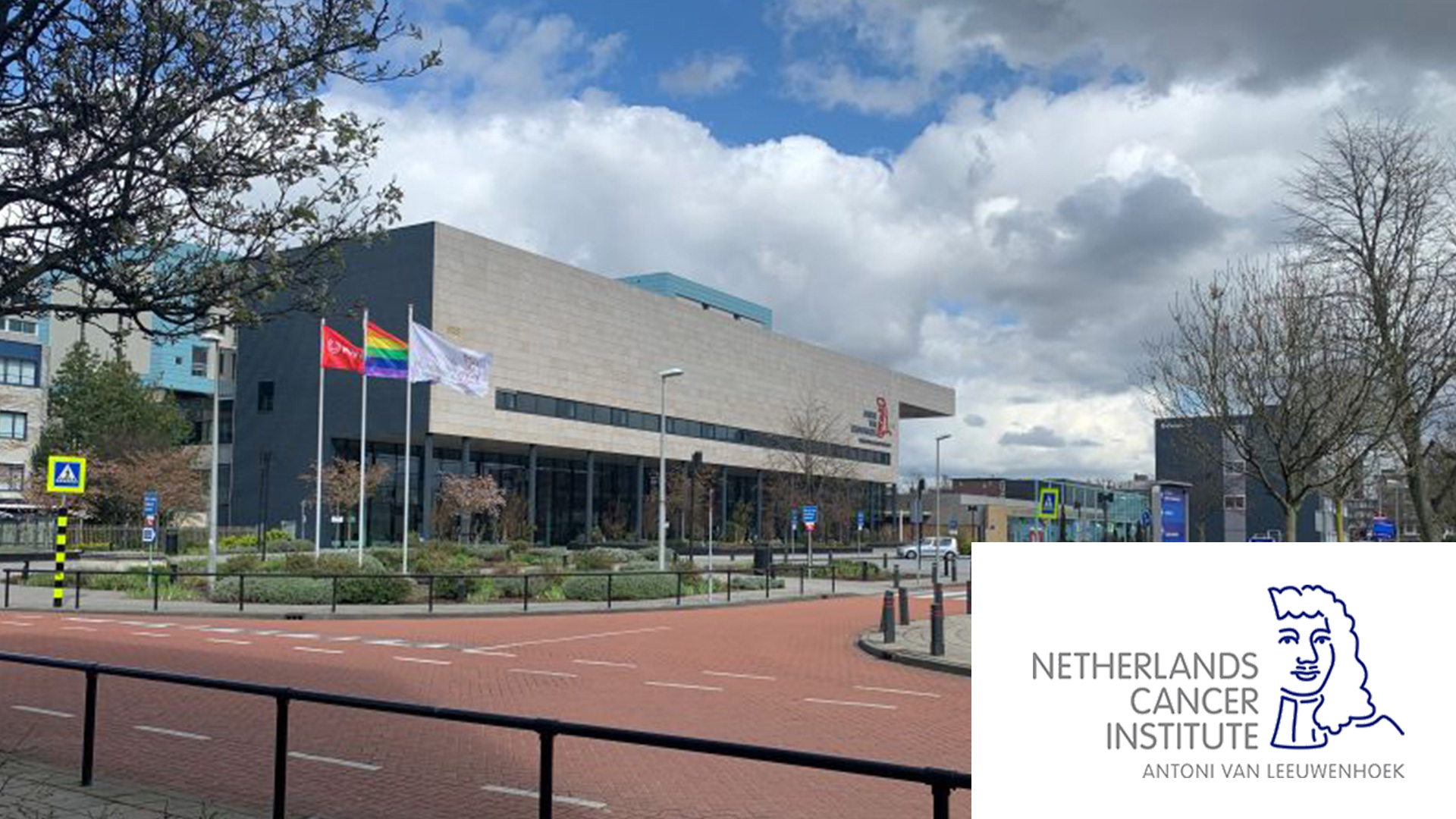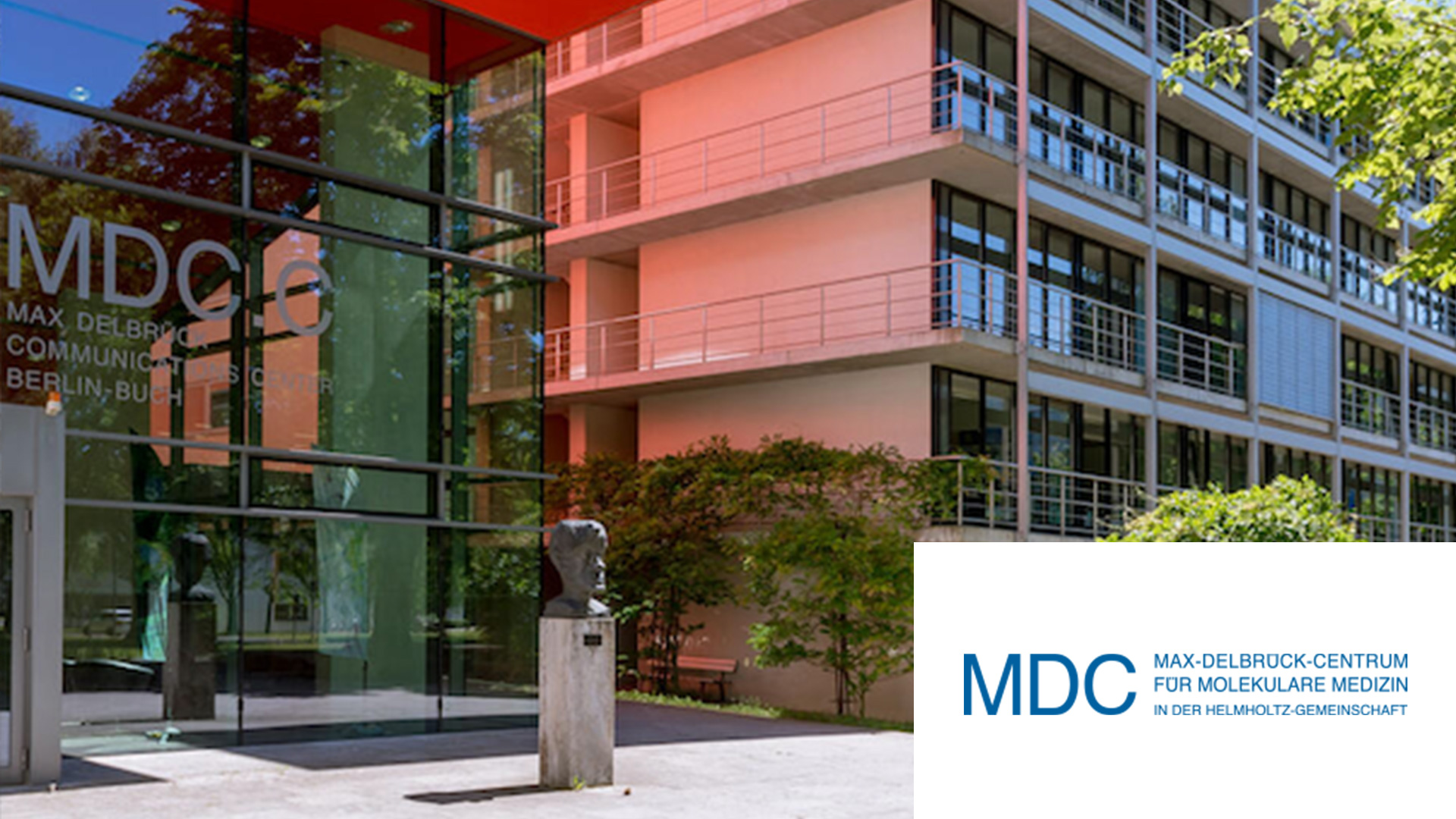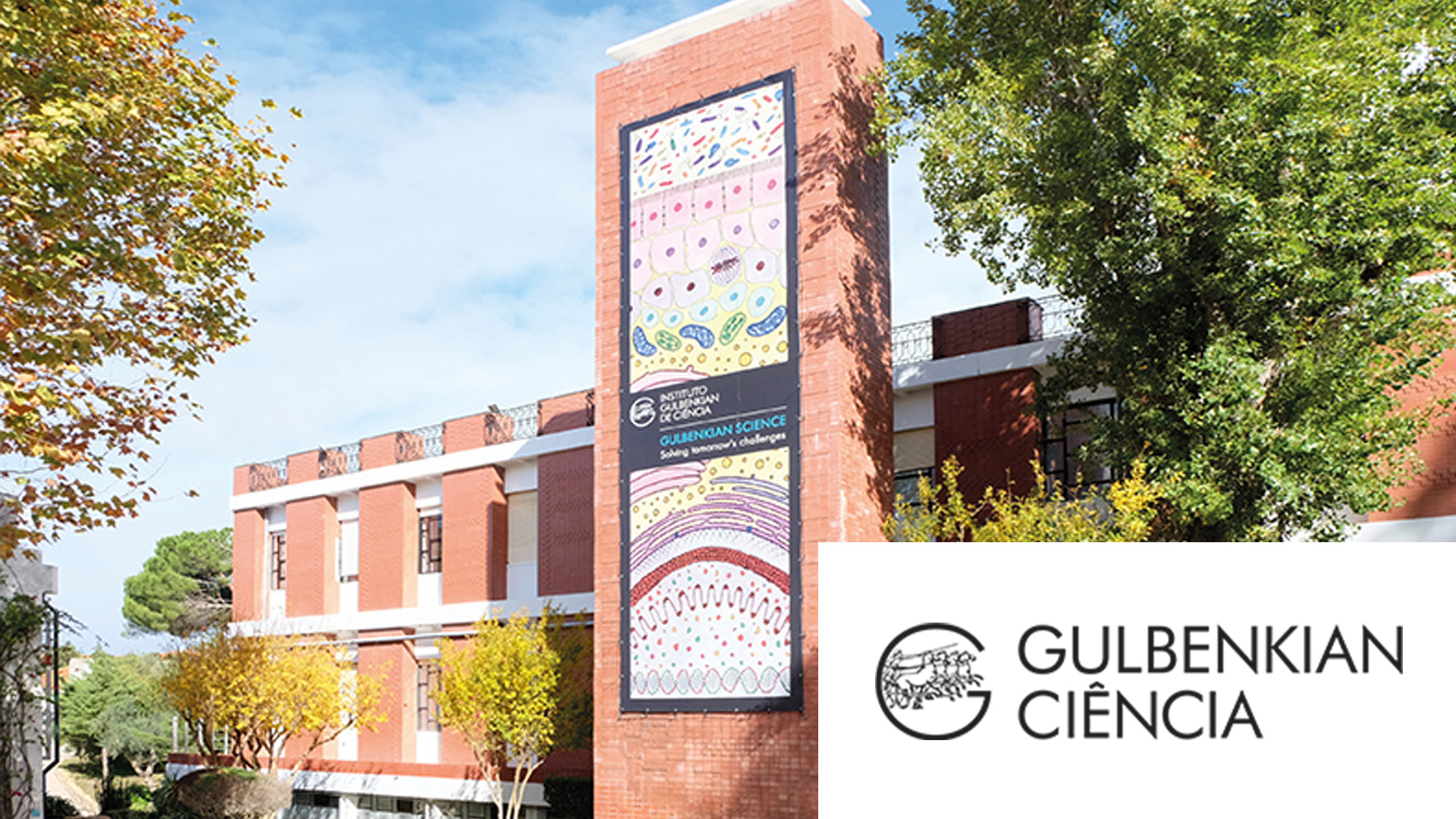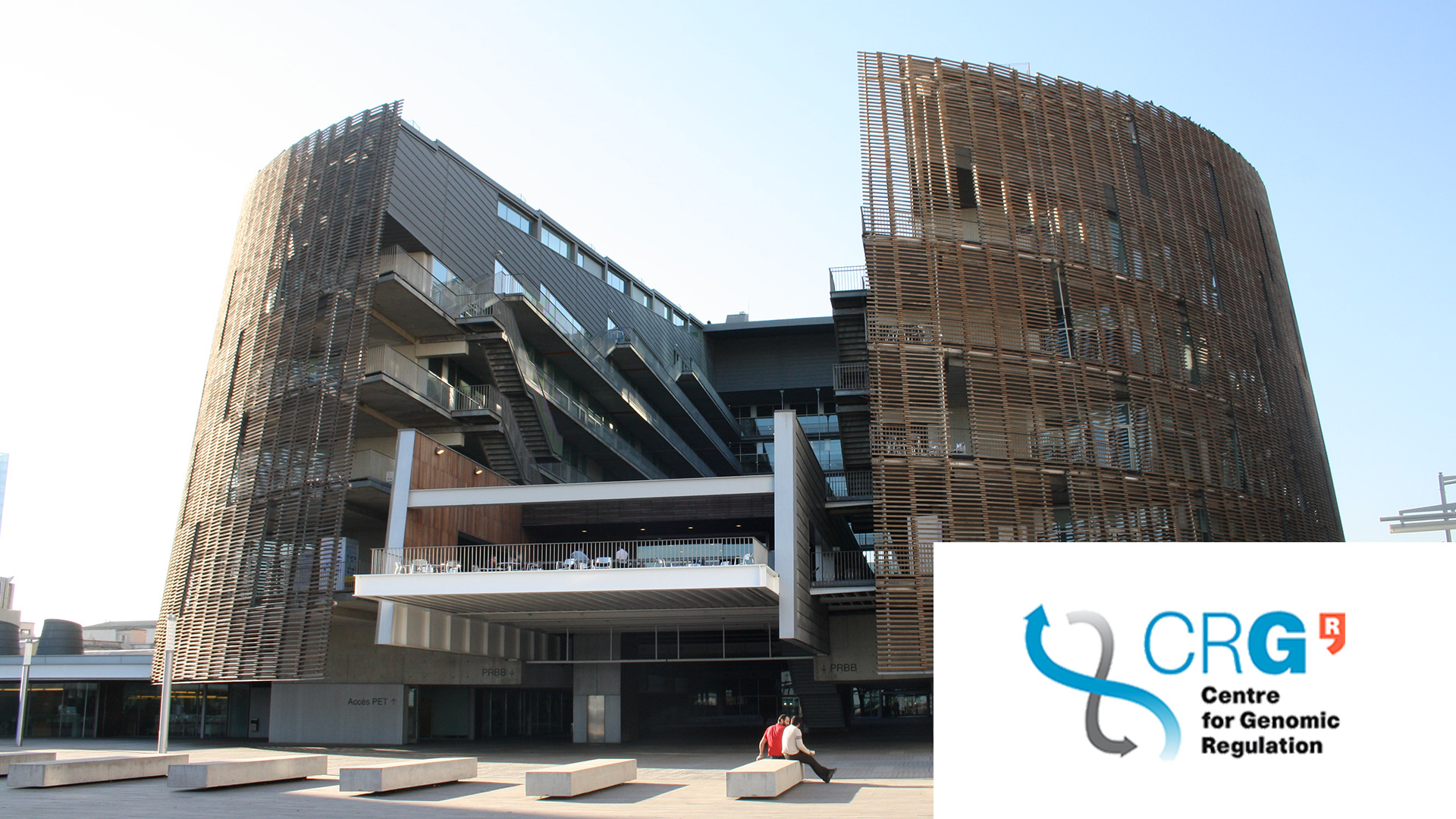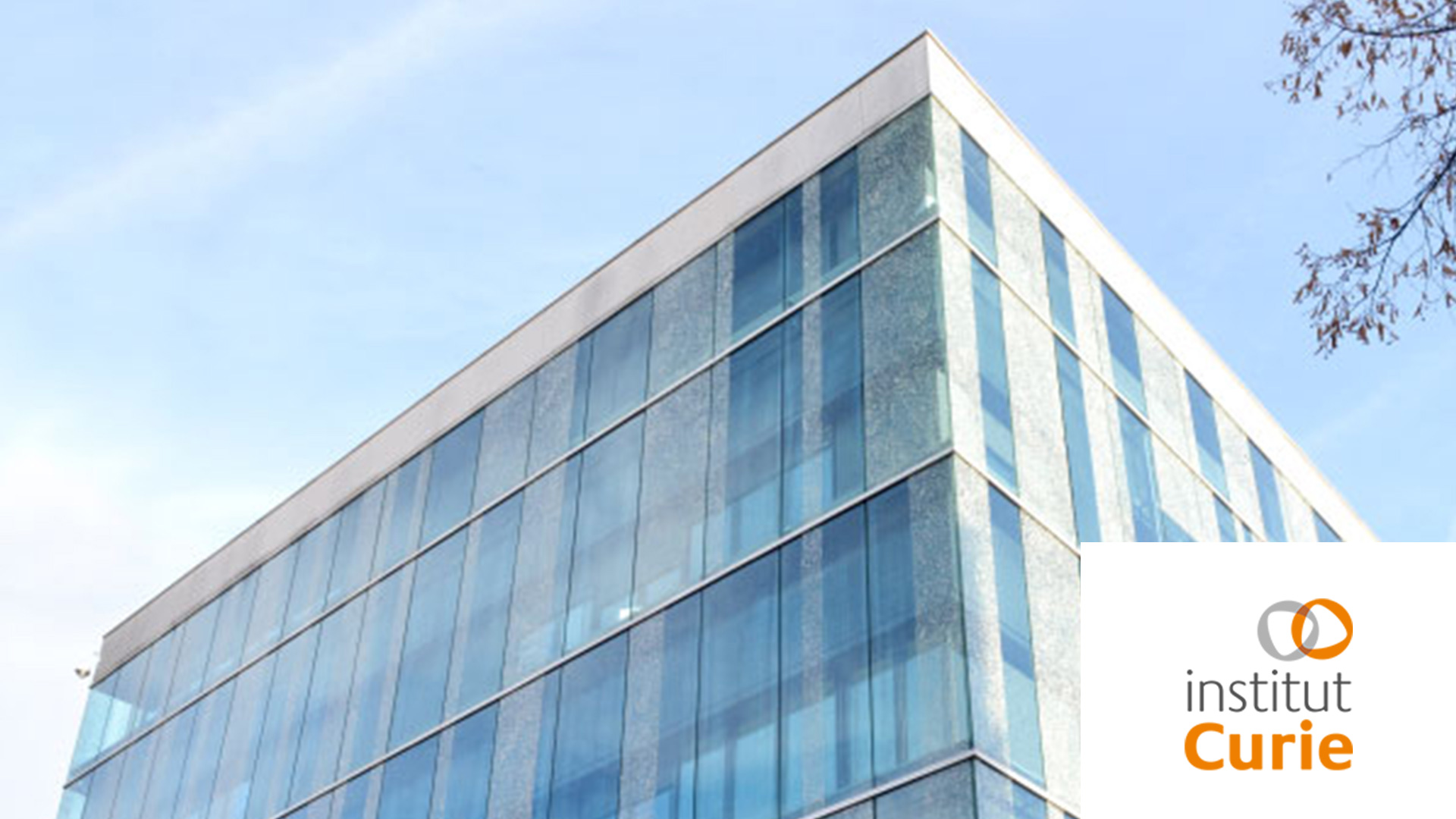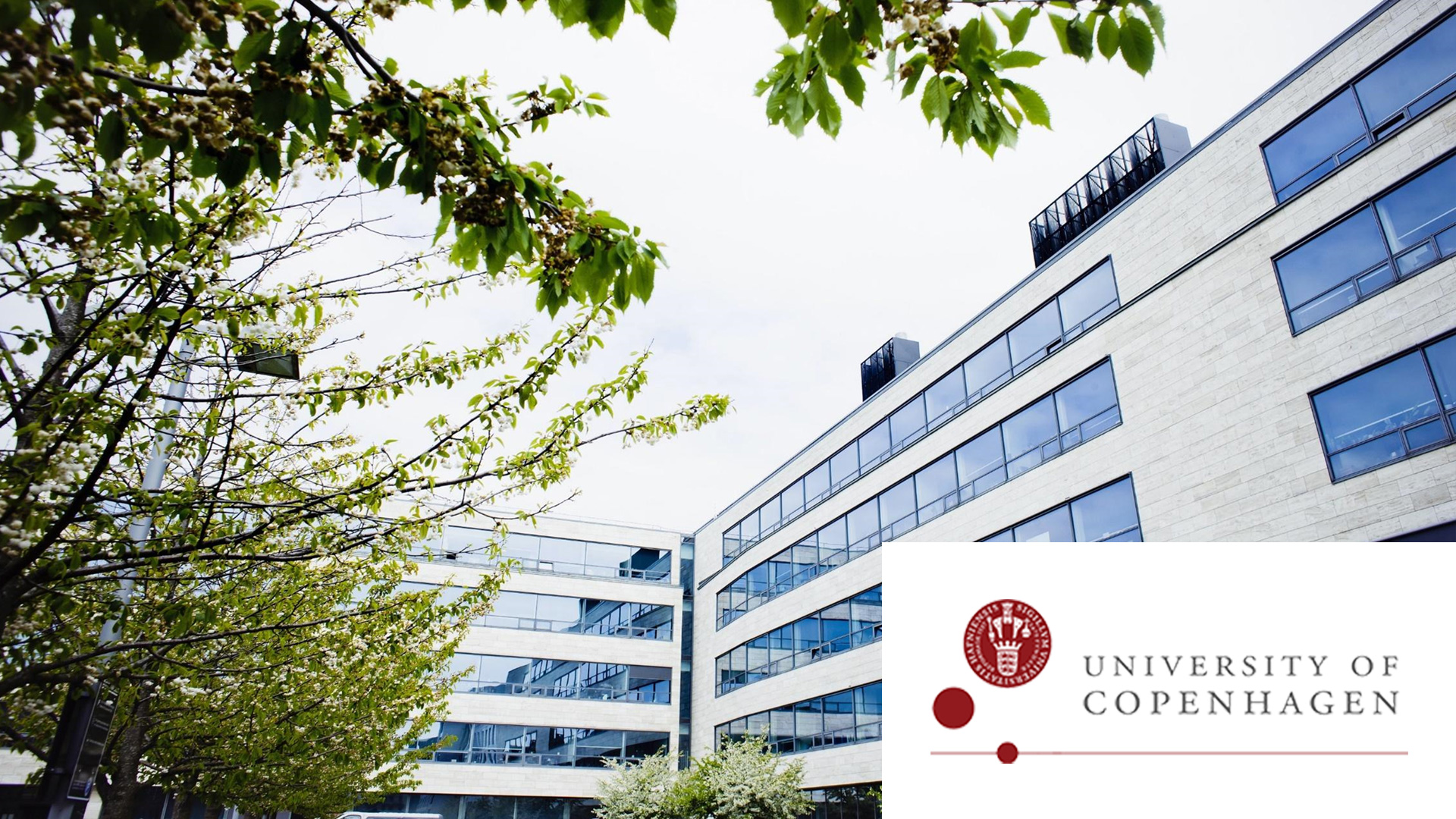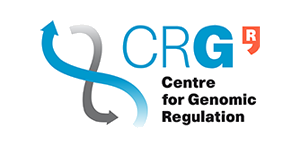
The Centre for Genomic Regulation (CRG) is an international biomedical research institute of excellence, created in 2000 and counts today about 500 employees. CRG is considered at the top 5 position worldwide according to the Mapping Science Excellence ranking 2018 ('Best journal rate' indicator).
The mission of the CRG is to discover and advance knowledge for the benefit of society, public health and economic prosperity.
The CRG believes that the medicine of the future depends on the groundbreaking science of today. This requires an interdisciplinary scientific team focused on understanding the complexity of life from the genome to the cell to a whole organism and its interaction with the environment, offering an integrated view of genetic diseases.
